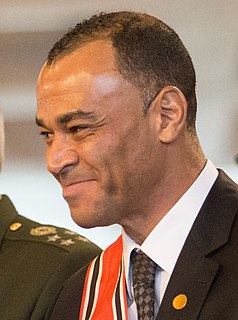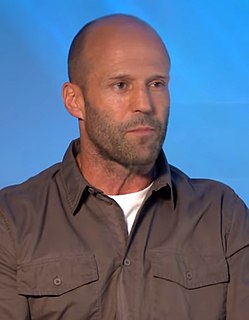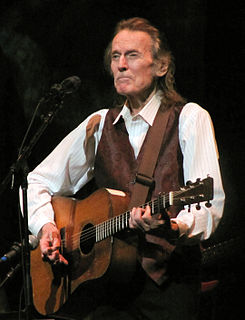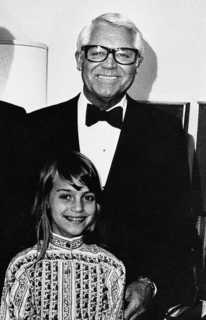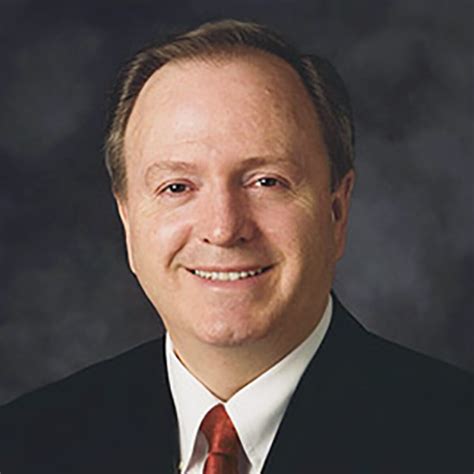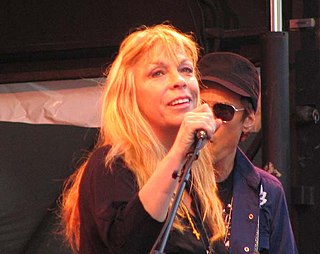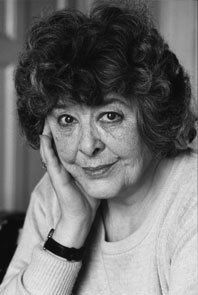A Quote by Rhys Ifans
When Howard Marks came out of prison, years later, I met him at a concert in South Wales; I was a young whippersnapper and Howard was kind of an outlaw hero. I said to him - and it's on tape, a cousin of his filmed our meeting - I said, "If you write a book, I want to play you in a movie." He said, "Let's shake on it," and we did. Thirteen years later, there we were, making the movie.
Related Quotes
There is a group of us that met through Howard Klein's class in Los Angeles. Howard Klein is a prominent acting teacher. We got together and did this short Night Music that was such an amazing experience, Guy and I were thinking, 'Okay, what do we do next?' So he wrote this next movie of his, Loulou.
Some years later I met Queen Elizabeth II, in our capital Ottawa at a Canada Day celebration. David Foster and I were doing the show and we both met her afterwards. She told me how much she loved the Canadian Railroad Trilogy. She looked at me and said, "oh, that song", and then said again, "that song", and that was all she said.
Howard Marks is very intelligent and well read, eloquent, witty, charming. I think it was those qualities that got him through. I was interested to explore that because generally, we perceive criminals as dark, twisted, angry characters. Howard isn't any of those. He was punished for his crime, released from prison, and has lived to tell the tale.
John Logan was kind of wrapping up - "Well, thanks for coming in..." - and I thought, "Oh, God, this is over and I'm out of here, and I really don't want to leave."So I said, "Can I ask you a question?" He said, "Sure." "What movie do you think you've seen more than any other movie?" And he said, "Wow, let me think about that. I guess probably The Searchers." And I said, "Well, oddly, that's the movie I've seen more than any other movie." And I wasn't just BS-ing. It's true. It's my favorite movie.
I was very blessed it was Steven Spielberg who made the movie. He was very much into the redemption side of the story. They asked him in an interview why he had owned the rights to this story for 20 years before he made the movie, and he said, 'I wanted to see what the real Frank Abagnale did with his life before I immortalised him on film.'
When I was 40, I wrote my first book, The Pilgrimage, and I said to myself, "why did it take so long for me to write this book?" Because my dream, since I was 10 years old, was to be a writer. I said, I have to revisit my life using a metaphor, and the metaphor was basically this boy that has a dream and has to go far away to realize that his dream is close to him.
In his sophomore year Wilbanks tried out for the high school basketball team and made it. On the first day of practice his coach had him play one-on-one while the team observed. When he missed an easy shot, he became angry and stomped and whined. The coach walked over to him and said, "You pull a stunt like that again and you'll never play for my team." For the next three years he never lost control again. Years later, as he reflected back on this incident, he realized that the coach had taught him a life-changing principle that day: anger can be controlled.

